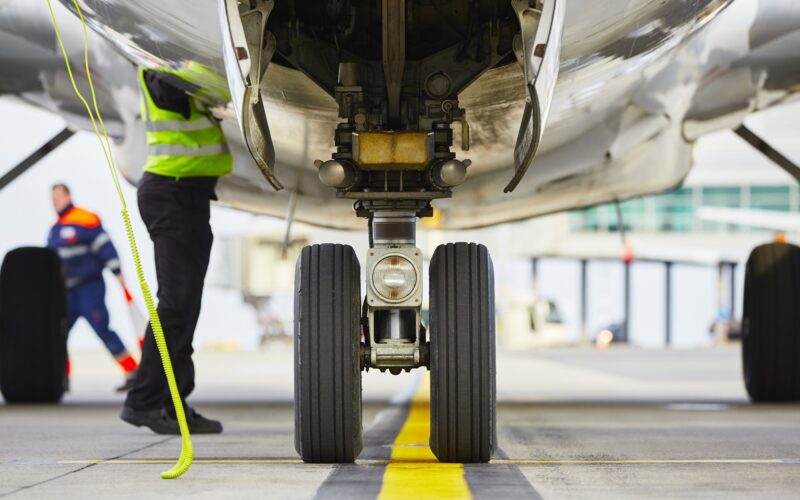United Nations (UN) experts have warned airlines and aviation authorities against “facilitating unlawful removals” of asylum seekers from the United Kingdom (UK) to Rwanda.
Siobhán Mullally (Special Rapporteur on trafficking in persons), Gehad Madi (Special Rapporteur on the human rights of migrants) and Allice Jill Edwards (Special Rapporteur on torture) said on April 22, 2024, that airlines and aviation authorities “could be complicit in violating internationally protected human rights and court orders” if they assist in removals to Rwanda.
On April 22, 2024, a bill was passed in the UK that allows the British government to deport asylum seekers, who arrive in the country on small inflatable boats, to Rwanda.
In November 2023, the UK’s Supreme Court ruled that it was unsafe to send asylum seekers to Rwanda, but the new bill allows the government to bypass that decision.
According to the BBC, the new legislation orders the courts to ignore key sections of the Human Rights Act which the UN experts have highlighted could cause problems for airlines.
The British Prime Minister Rishi Sunak said on April 22, 2024, that flights to Rwanda will start within 10 to 12 weeks and that commercial charter planes had been booked.
“If airlines and aviation authorities give effect to State decisions that violate human rights, they must be held responsible for their conduct,” the experts said.
They added: “As the UN Guiding Principles on Business and Human Rights underline, aviation regulators, international organizations and business actors are required to respect human rights.”
According to the experts the UN Guiding Principle 13 “prohibits companies from contributing to human rights abuses” and UN Guiding Principle 23 requires “businesses to comply with all applicable laws, respect internationally recognized human rights, and treat the risk of contributing to gross human rights abuses as a compliance issue wherever they operate”.
The UN experts have been in contact with the UK government, as well as national, European and international aviation regulators, including the UK Civil Aviation Authority (CAA), the European Union Aviation Safety Agency (EASA) and international actors, including the International Air Transport Association (IATA) and the International Civil Aviation Organization (ICAO) to express their concerns and remind them of their responsibilities.

